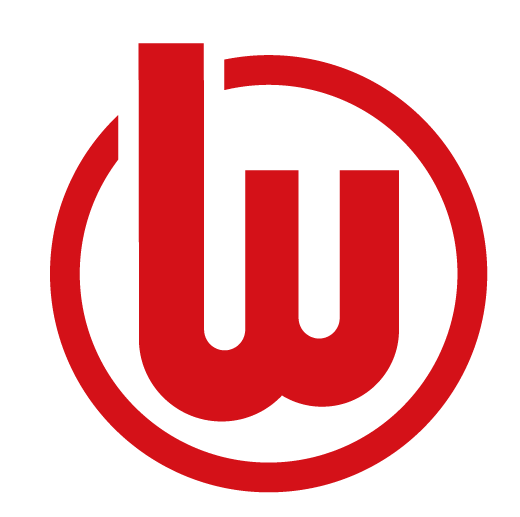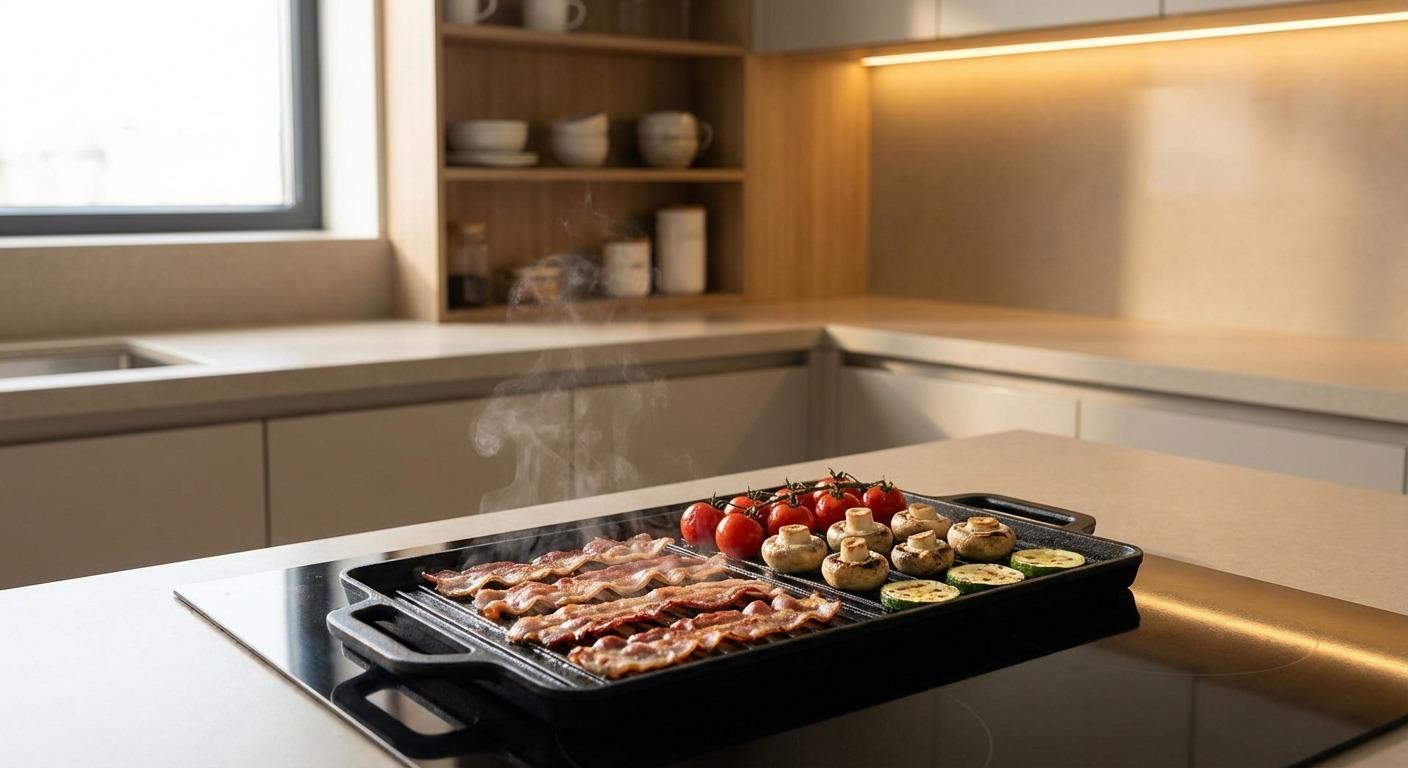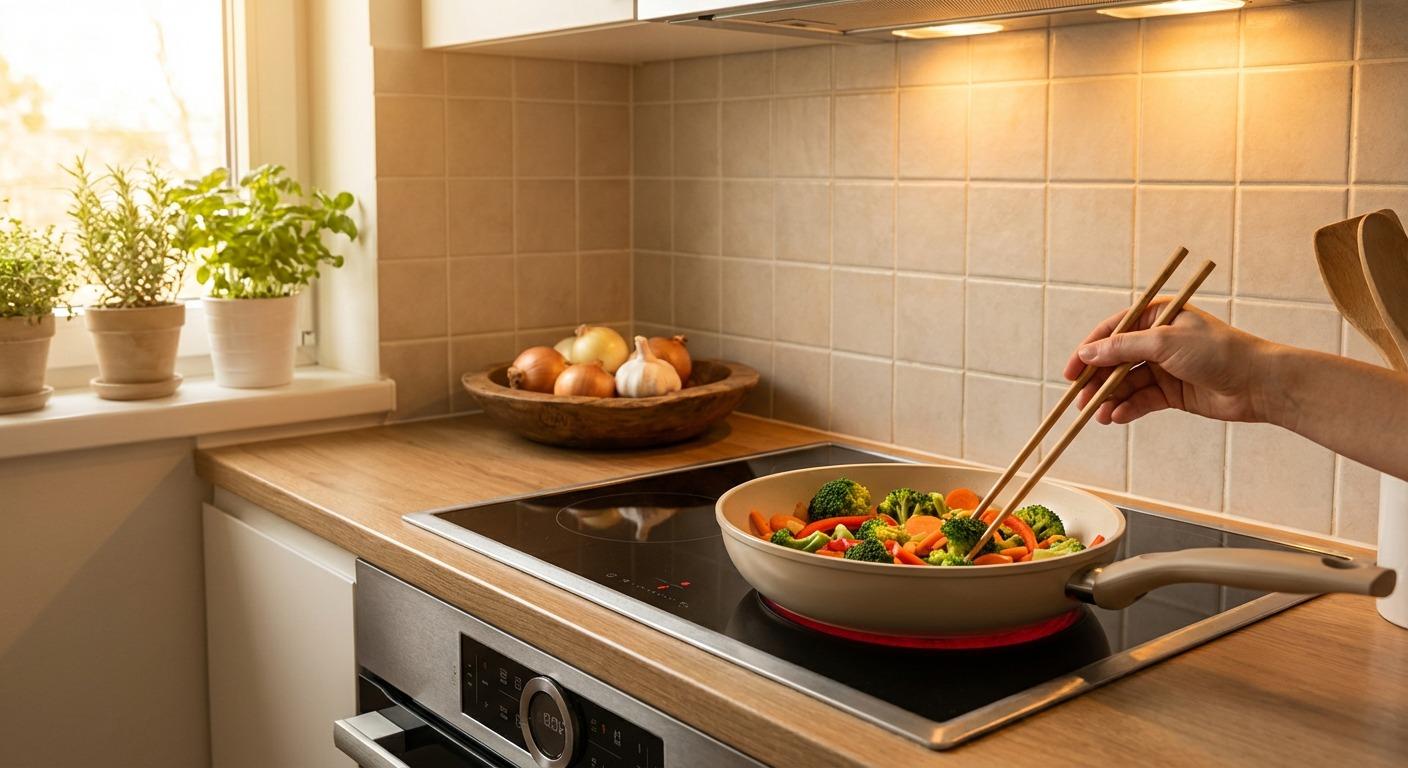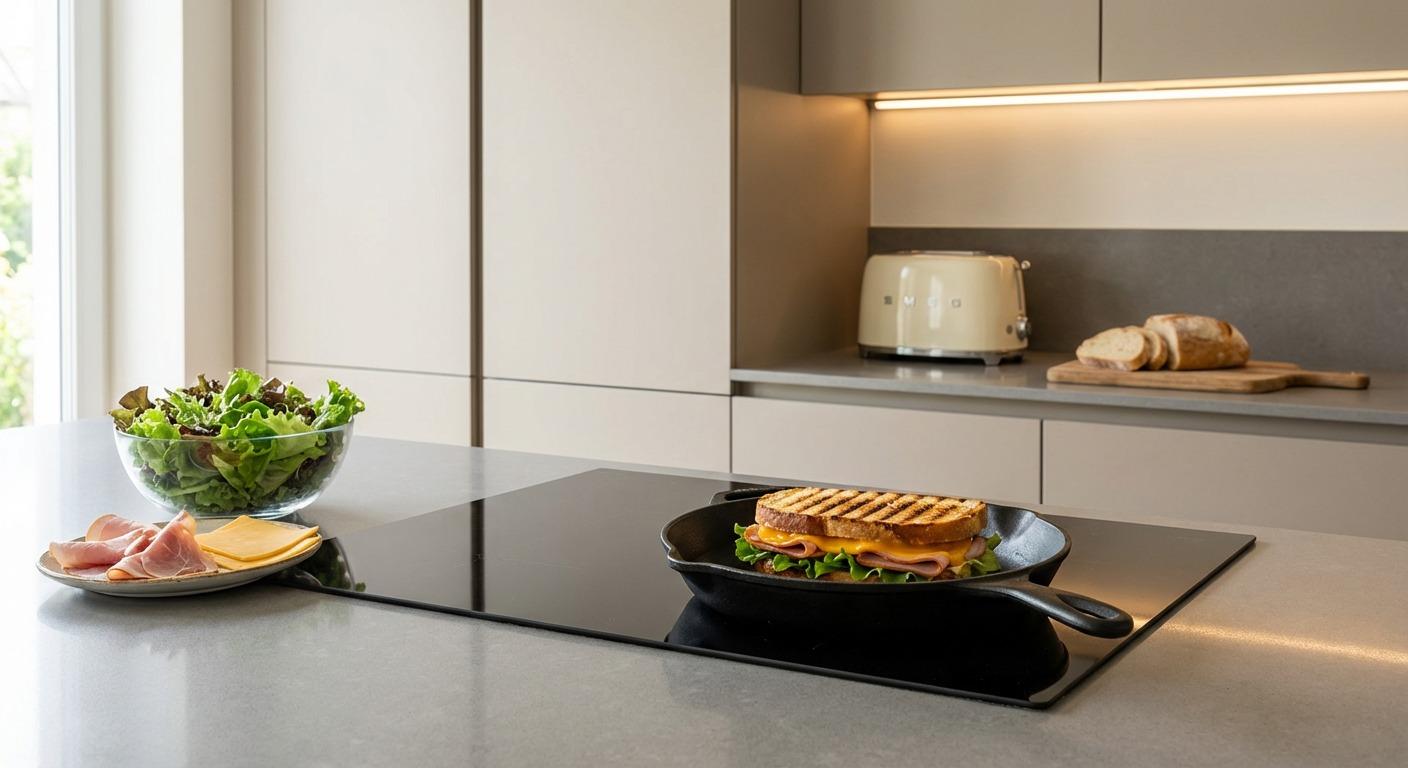Bridging Tradition and Technology: A Case Study on the Wok Induction Cooktop
In modern culinary arts, few challenges are as persistent as replicating traditional cooking methods with contemporary technology. The intense, focused heat required for authentic wok cooking, which creates the coveted 'wok hei' flavor, has long been the domain of powerful gas flames. This case study explores how Chef Julian, owner of the new downtown fusion restaurant 'Urban Ember', successfully integrated a Wok Induction Cooktop from WEBO Technology into his all-electric kitchen, proving that modern innovation can not only meet but exceed the demands of traditional techniques.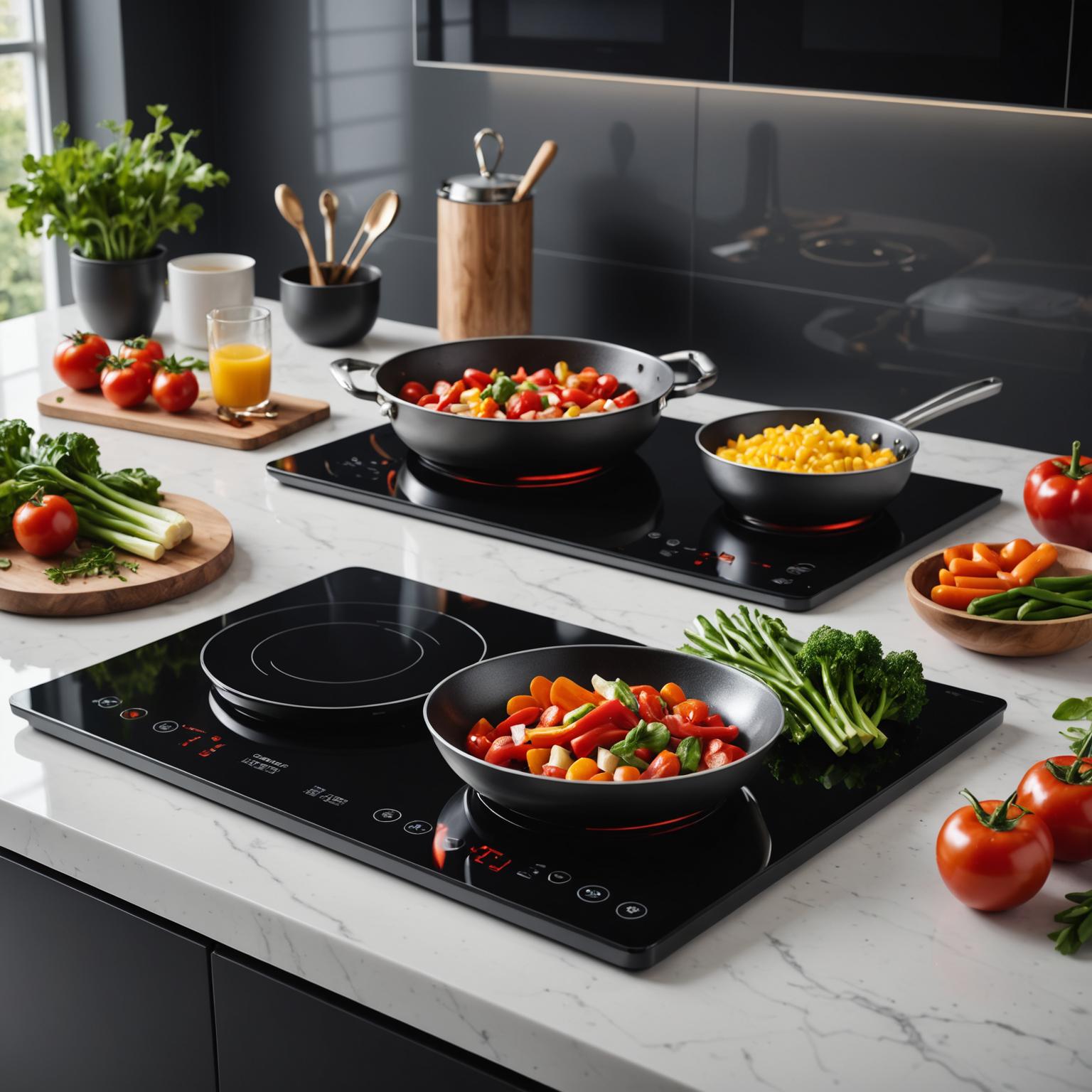
The Challenge: A Modern Kitchen with Traditional Ambitions
Chef Julian’s vision for Urban Ember was clear: to serve authentic, flash-seared Asian dishes in a sleek, modern environment. However, his prime restaurant location was in a new high-rise building with strict regulations prohibiting gas lines for commercial kitchens. This presented a significant hurdle. Standard electric coil and radiant cooktops failed to deliver the rapid, concentrated heat necessary for proper stir-frying. They were slow to heat up and even slower to cool down, making the precise temperature control essential for wok cooking nearly impossible. He needed a powerful, responsive, and safe solution that could handle the high-volume demands of a professional kitchen while fitting into a sophisticated design aesthetic.
The Solution: WEBO Technology's Specialized Induction Wok Burner
After extensive research, Chef Julian discovered the specialized induction cooktops offered by GUANGDONG WEBO TECHNOLOGY Co., LTD. He chose a model featuring a concave induction wok burner designed specifically to cradle the base of a round-bottomed wok. Unlike a flat cooktop, this design focuses the magnetic energy directly onto the wok's surface, creating instantaneous and intense heat. This setup transformed the concept of an electric induction wok from a compromise into a superior cooking tool. The unit featured a durable tempered glass surface that was easy to clean—a major plus in a busy kitchen—and intuitive, tactile knobs for immediate, precise heat adjustments. The quality, backed by WEBO's ISO 9001 standards and TUV certification, gave him the confidence to invest in this new technology.
Implementation and Transformative Results
The impact of the new induction stir fry cooktop was immediate. The burners reached optimal cooking temperature in seconds, drastically reducing prep time and allowing the kitchen staff to turn over orders much faster. The precision of the controls meant that chefs could switch from a roaring heat for searing beef to a gentle simmer for a delicate sauce with a simple turn of a dial. This level of control minimized food waste from burning and ensured unparalleled consistency across every dish served. Furthermore, the kitchen environment became significantly cooler and safer without the ambient heat and open flames of gas stoves, improving staff comfort and reducing the strain on the ventilation system. The efficiency of wok cooking induction also led to noticeable savings on the restaurant's energy bills.
Mastering the Art of Induction Cooking with a Wok
While the technology was powerful, there was a slight learning curve. Chef Julian and his team had to adapt their techniques slightly for induction cooking with wok. They learned that the responsiveness was so fast that ingredients had to be prepped and ready right beside the cooktop. They also worked exclusively with a high-quality, flat-bottomed induction-compatible wok to ensure maximum contact and heat transfer. Within a week, the team had mastered the new system, consistently producing dishes with the perfect char and flavor profile that had previously seemed achievable only with gas. The WEBO cooktop had not just solved a problem; it had elevated their culinary capabilities, allowing for a new level of precision and efficiency in their craft.


